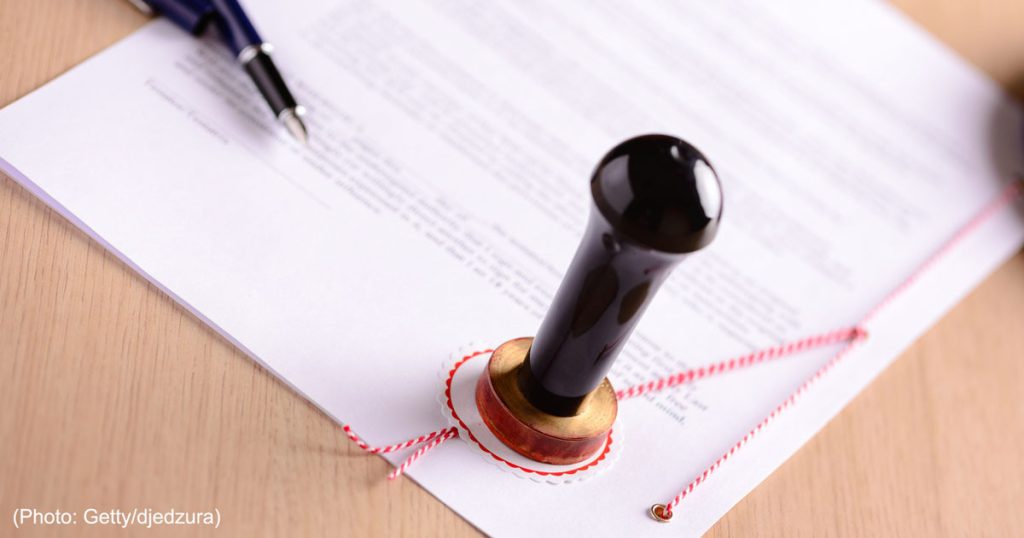The significant modifications to the Madrid System will impose new responsibilities on the trademark registration agencies of participating countries. These modifications are anticipated to be effective from November 1, 2023, and November 1, 2024, to enhance transparency and efficiency in the global trademark protection process and establish clearer timeframes in the trademark protection procedure.
The Madrid System
The Madrid Agreement and the Madrid Protocol serve as international agreements for the worldwide protection of trademarks. These agreements constitute the Madrid System for the International Registration of Trademarks, overseen by the World Intellectual Property Organization (WIPO). Functioning as a registration system, the Madrid System aids individuals and businesses in reducing costs when seeking to protect their trademarks in 130 countries. The Madrid Agreement and the Madrid Protocol operate concurrently and independently, differing in requirements, timelines, and fees. The Madrid Agreement was established nearly a century before the Madrid Protocol, initially designed as the basis for a centralized strategy in international trademark protection, eliminating the necessity for separate applications in various countries. In contrast, the Madrid Protocol subsequently emerged to enhance the adaptability of the Madrid System, making it more flexible to the laws of member countries and broadening access to intergovernmental organizations.
Changes Effective from November 1, 2023
National agencies responsible for trademark registration must stipulate the start and end dates of the deadline for responding to provisional refusals.
In instances of provisional refusal decisions, national trademark registration agencies must distinctly identify the start and end dates of the response deadline.
This requirement is obligatory for national trademark registration agencies unless the deadline starts on the date WIPO transfers the provisional refusal decision for international applications or when the deadline begins on the date the applicant receives the refusal decision. In such scenarios, WIPO will provide the start and end dates for responding to the provisional refusal decision. This can be viewed as a substantial step in augmenting transparency, lessening the risk of missing deadlines, and simplifying communication in the international trademark protection process for all involved parties.
Changes Effective from November 1, 2024
Trademark registration agencies in member nations can request WIPO to send notifications to the owners of international registrations. These agencies can ask WIPO to transmit any notifications not included in the regulations to the owners of international trademark registrations. For example, national trademark registration agencies can request WIPO to convey information to trademark owners regarding potential actions, send reminders for trademark owners to fulfill specific requirements, or any other information of particular importance to trademark owners. This amendment allows trademark owners to be consistently informed about significant status updates and take appropriate actions when necessary.
These changes signify positive advancements, enabling international trademark applicants to promptly respond to provisional refusal decisions, and ensuring an equitable and transparent international trademark registration process.
Starting February 1, 2025, national trademark registration agencies must afford owners of international registrations a minimum of two months to respond to provisional refusal decisions
Owners of international trademark registrations will be granted at least two months to respond to notifications before their international registration is denied. This may alleviate pressure on trademark owners when preparing responses to refusal notifications. However, this rule will not take effect until February 1, 2025, providing member countries with additional time to revise pertinent regulations.
Moreover, national trademark registration agencies are mandated to notify WIPO about deadlines and the methods for calculating those deadlines. Notices about deadlines and calculation methods will be disclosed by WIPO in the WIPO Gazette concerning Trademarks.
Lastly, provisional refusal requests based on pre-existing trademarks must specify the name and address of the owner of the pre-existing trademark and their representative. However, trademark registration agencies may be exempt from the requirement to provide an address if supplying the address of the owner or their representative is impractical.
ASL LAW is the top-tier Vietnam law firm and Vietnam IP firm for in-depth legal advice in Vietnam and internationally. If you need any advice, please contact us for further information or collaboration.

 Tiếng Việt
Tiếng Việt 中文 (中国)
中文 (中国) 日本語
日本語

